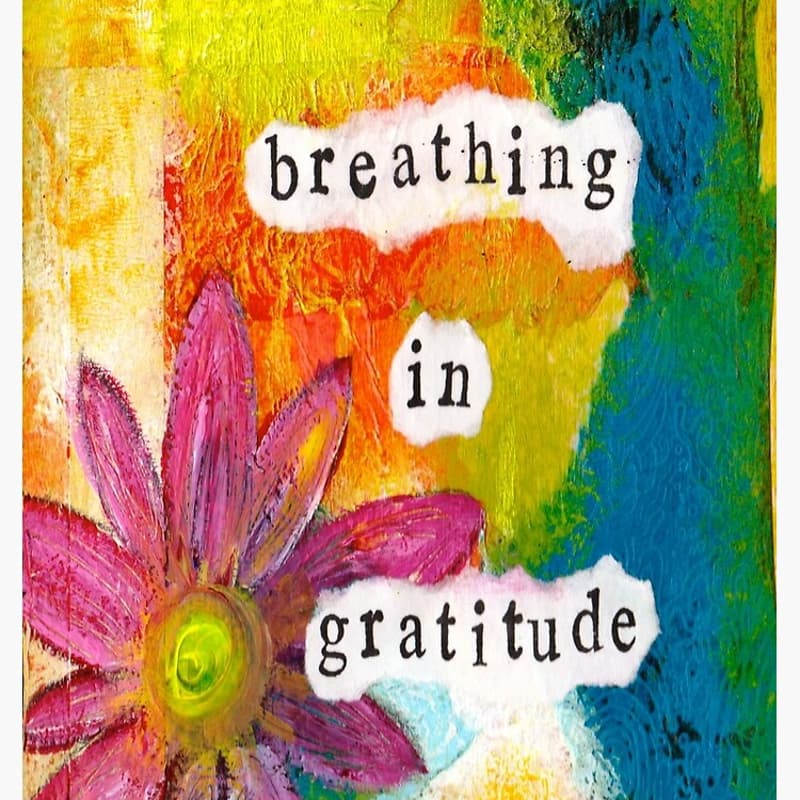

The Hidden Power in a Breath of Gratitude
Cross Posted on Meetup: https://www.meetup.com/bethesda-ted-talk-discussion-club/events/311510279
Is your breathing restricted right now, and would you even know if it was? Professional actor, director, and self-development coach Rory Ledbetter studies what happens when you release your breath and focus on gratitude in moments of stress or panic. Ledbetter explains why we should pay more attention to the connection between our thoughts and our breathing and presents a new technique called Connective Flow that can immediately improve your awareness and reduce your level of stress. Professional artist and self-development coach Rory Ledbetter studies what happens mentally and physiologically when you release the desire to speak. Ledbetter explains why we should celebrate moments of deep breathing in silence and presents new techniques that can immediately calm your mind.
Please watch this 17-min video before joining the discussion:
https://www.youtube.com/watch?v=i_lU2T8NsMM
If more than 7 people join the discussion, we will break out into smaller groups. (max 7 people per group)
------------------------------------
Most of us unknowingly restrict our breathing, which undermines our energy, focus, and emotional balance.
How might we redesign our physical environments, routines, or communication norms to naturally encourage fuller, healthier breathing throughout the day?Breathing patterns don’t just mirror emotions—they can generate them.How can we leverage this mind-body link to intentionally cultivate emotional states like confidence, calm, or creativity in high-stakes moments such as presentations or negotiations?
Shallow breathing keeps our nervous system in a constant state of alert, while deep breathing signals safety and balance.What strategies can we use as leaders or teams to collectively shift from reactive “fight or flight” energy to the steadiness required for thoughtful collaboration?
We often hold our breath when we fear being judged or rejected, which cuts us off from authenticity and connection. How might we create cultures, whether in workplaces or communities, where open breathing, emotional honesty, and psychological safety are the norm rather than the exception?
Gratitude-centered breathing reduces stress and expands awareness, helping us reframe difficult interactions. In what ways could gratitude practice act as a form of emotional intelligence training, helping us navigate conflict and foster empathy without needing formal mediation tools?
When we direct gratitude outward, our mindset changes from self-concern to curiosity and compassion. How can we institutionalize this shift, from self-protection to appreciation, in how teams give feedback, celebrate wins, or handle mistakes?
To provide an enjoyable experience for fellow participants, here are three ground rules during discussion events:
Step up and step back. (If you feel that you’ve been talking too much, step back to listen more. If you feel that you’ve been relatively quiet, step up to share your perspective or ask a question)
Listen to understand, not to respond.
Be open-minded and value differences.
Max 7 people per group.